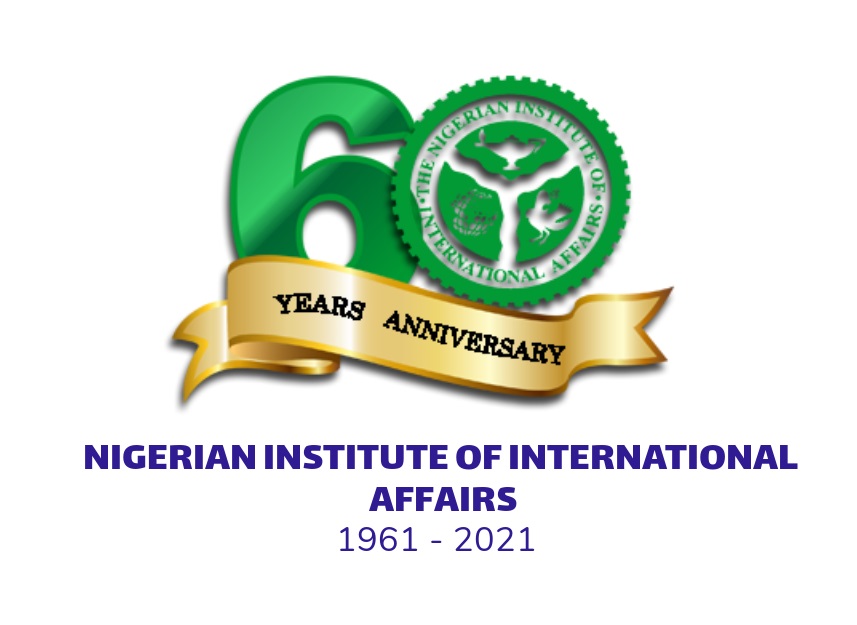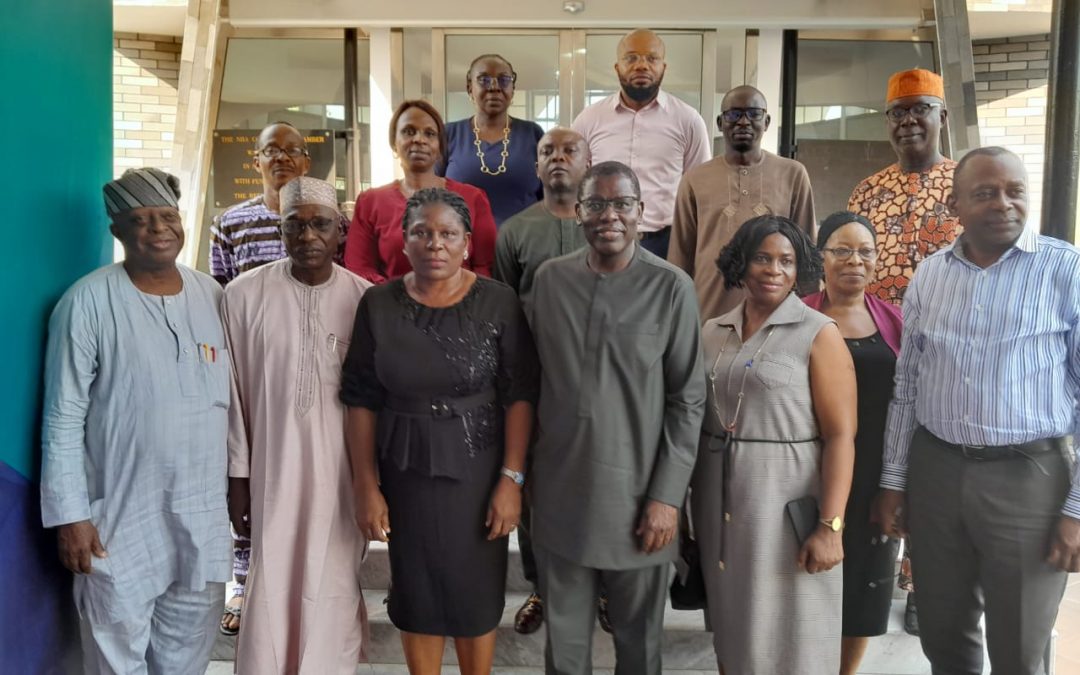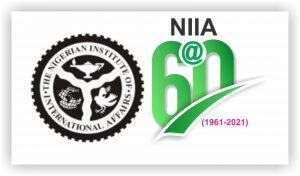The Nigerian Institute of International Affairs held its weekly Seminar Series on February 2, 2023. The seminar presenter was Prof. Rotimi Suberu, a renowned Professor of Political Science from the University of Ibadan with specialization in Federalism and Comparative Politics. He currently teaches politics and international relations at Bennington College, Vermont, United States. The title of the seminar presentation was Divided Quest for a More Perfect Union: Ethno-Regionalism, Recurrent Constitutional Alterations, and the Prospects for Political Reform in Nigeria’s Fourth Republic. The thematic focus of the presentation was on Nigeria’s constitutional reform effort from pre-independence period till Fourth Republic and the myriad of challenges and ethno-religious fault lines that have accompanied such effort. The struggle to accommodate Nigeria’s prodigious ethnic, regional, and religious divisions produced two broad political moments or settlements: (a) a pre-military constitutional settlement that enshrined a system of relatively decentralized parliamentary ethno-regional federalism during the late colonial period (1954-59) and under the 1960 and 1963 Constitutions; and (b) a military-sponsored constitutional settlement that entrenched a regime of relatively centralized presidential multi-state federalism since the 1979 Constitution. Criticisms and agitations that trailed the military’s constitutional settlement persisted even after the 1999 transition from military to civilian rule. This has led to Nigeria’s journey of constitutional reform and the development of a constitution that is acceptable to all Nigerians. This has resulted in five separate constitutions since 1960, one unimplemented constitution, four rounds of alterations to the 1999 Constitution and 44 proposed alterations under the fifth alteration cycle. The presenter however maintained that although divided and deadlocked, Nigeria’s quest for a more sustainable constitution and stable union is not a political dead-end or inexorably doomed to failure. He recommends that interlocking pathways to achieving constructive fundamental constitutional change could include: fidelity to existing constitutional amendment rules; nuanced and balanced appreciation of the achievements of the current multi-state federal system. The event which had online and physical participants was chaired by Prof. Femi Otubanjo of the NIIA Research and Studies department.




